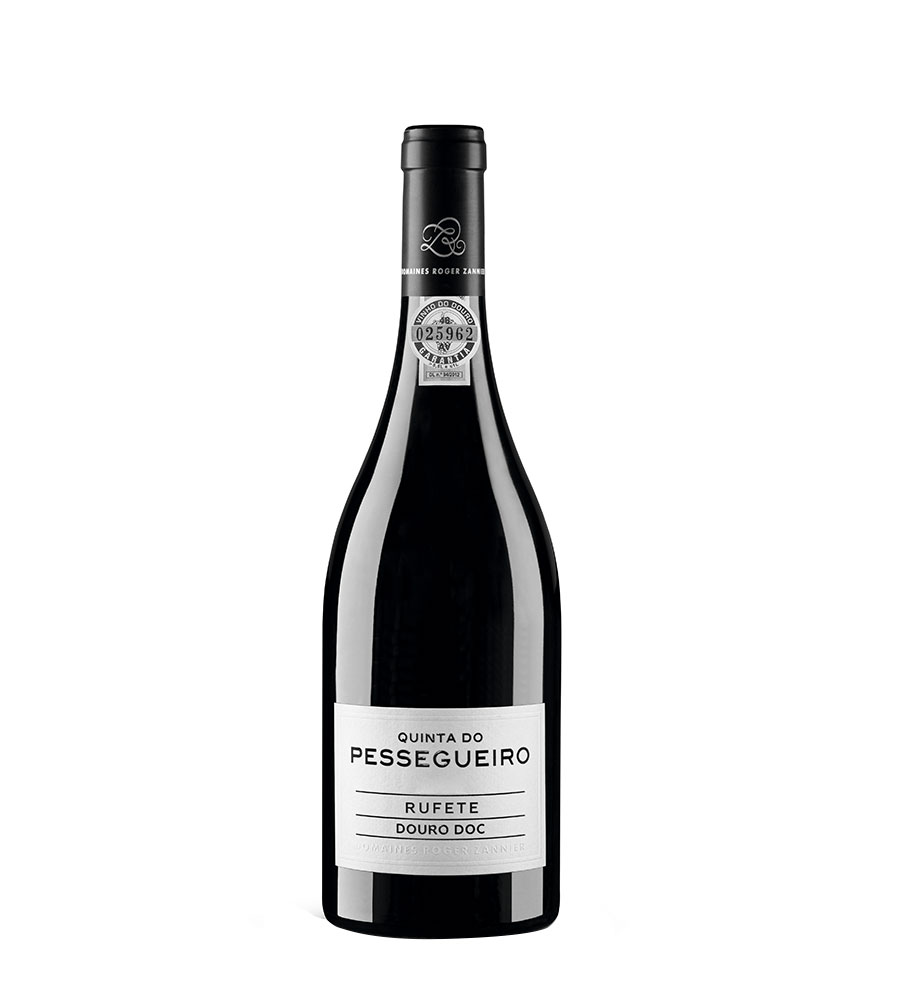Quinta do Pessegueiro
The viticultural year of 2020 was a hot and dry year that produced very promising wines, with freshness and intensity.
The harvest took place in September. The grapes were transported in 22kg crates to the winery. They spent 12 hours in a cold room, were destemmed, partially crushed, and gravity-fed to the granite lagar, where complete alcoholic fermentation occurred with indigenous yeast, undergoing foot treading. Subsequently, the wine was transferred to 225L casks, followed by malolactic fermentation. Aging took place in these same casks for 14 months. The wine was bottled in May 2022.
Allergens information
Contains sulphites.
SKU: 107241


